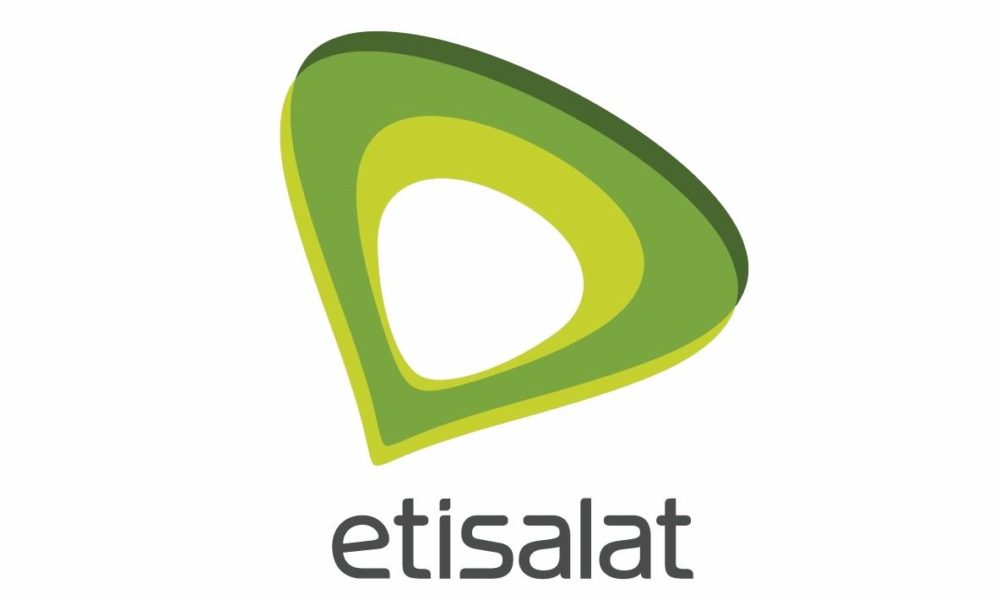Business
CBN, NCC Intervene in Etisalat, Banks’ Loan Crisis

- CBN, NCC Intervene in Etisalat, Banks’ Loan Crisis
The Central Bank of Nigeria and the Nigerian Communications Commission on Thursday agreed to intervene in the loan issue between Etisalat Nigeria and a consortium of banks.
The Executive Vice Chairman, NCC, Prof. Umar Danbatta, and a team led by the CBN Governor, Mr. Godwin Emefiele, reached the decision after a meeting in Abuja.
Our correspondents learnt that the meeting, which held at the CBN headquarters, was convened by the financial regulator at the instance of the NCC to deliberate on how best to stave off the possible takeover of Etisalat by the banks.
“At the end of the meeting, the Central Bank of Nigeria agreed to invite the Etisalat management and the banks to a meeting on Friday (today) towards finding an amicable resolution,” a statement signed by the Director, Public Affairs, NCC, Mr. Tony Ojobo, said.
Ojobo added, “The NCC, as a regulator of the telecoms industry, had moved quickly to intervene earlier in the week by reaching out to the CBN, having been convinced of the negative impact such a bank takeover will have on the industry.
“The NCC was worried about the fate of the over 20 million Etisalat subscribers and the wrong signals this may send to potential investors in the telecoms industry.”
While the meeting was ongoing, the President, Association of Telecommunications Companies of Nigeria, Mr. Olusola Teniola, said that the N541bn loan being owed the banks by Etisalat Nigeria was a symptom of the problems that the telecoms operators had been trying to avoid.
Teniola said, “We can’t have a situation where our member companies and other operators in the ecosystem are voicing out their concern about the harsh operating environment, and in addition to that, we now have an economic challenge, recession.
“We have not come out of it. The current situation is having an acute impact on our operators. I think it is pretty difficult to determine where the future growth of this industry will come from if the forex issue is not resolved.
“Operators may not have the ability to pay for equipment and if we don’t have a government that releases that equipment at the port and grant permit on time, we can be out of networks and you would have delayed the capacity to expand.”
He added, “When the environment is not improving, investment won’t come. The environment needs to be balanced for investments to come. It is very challenging for every operator at this time. Looking at this type of problem, you will beg to ask how we can expand our infrastructure.
“We are appealing to the CBN to help look into the matter and make forex available to our members so that it can be meaningful to them to roll out their networks and sustain their current operations; otherwise, we will see a reversal in the fortunes of this industry.”